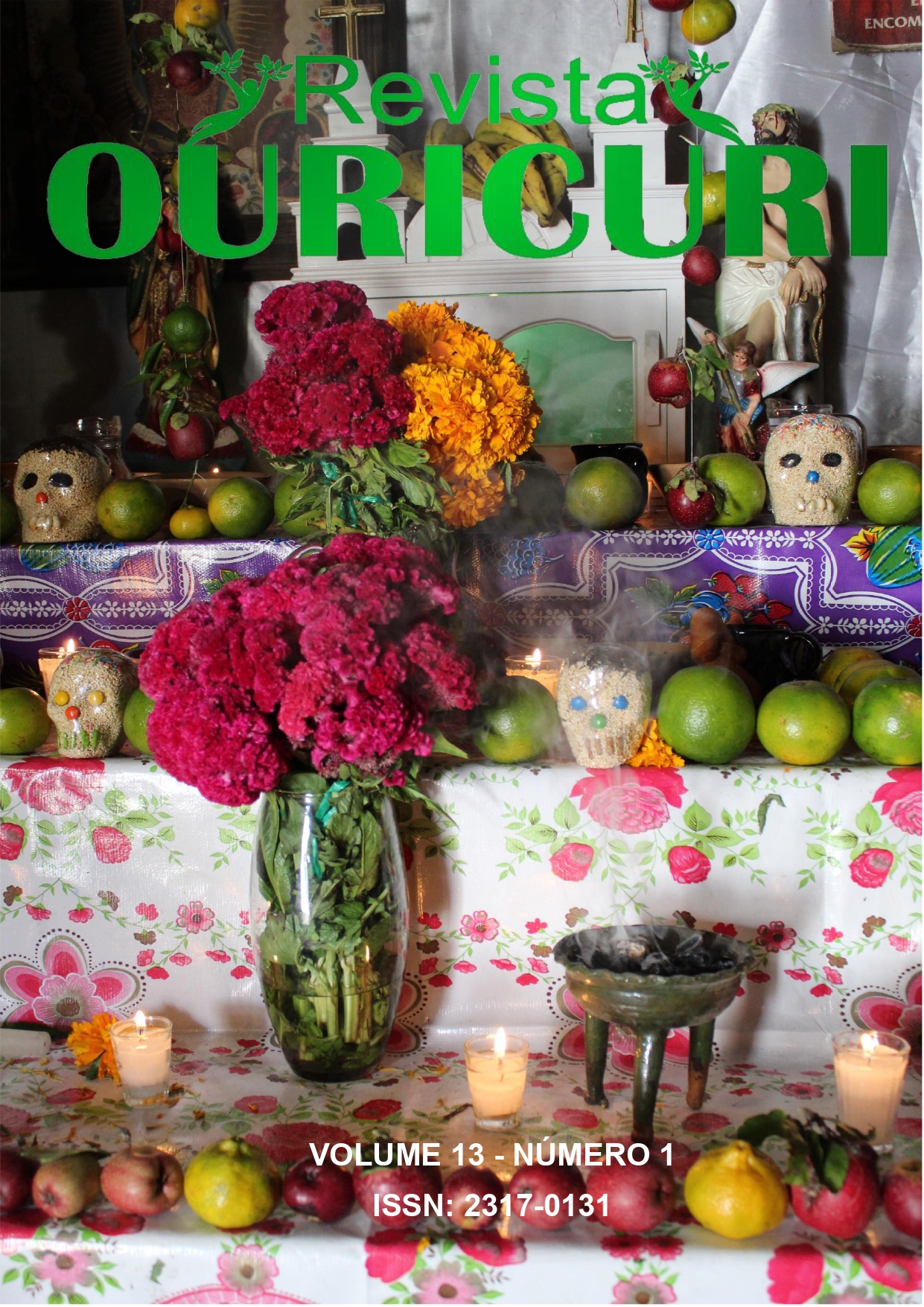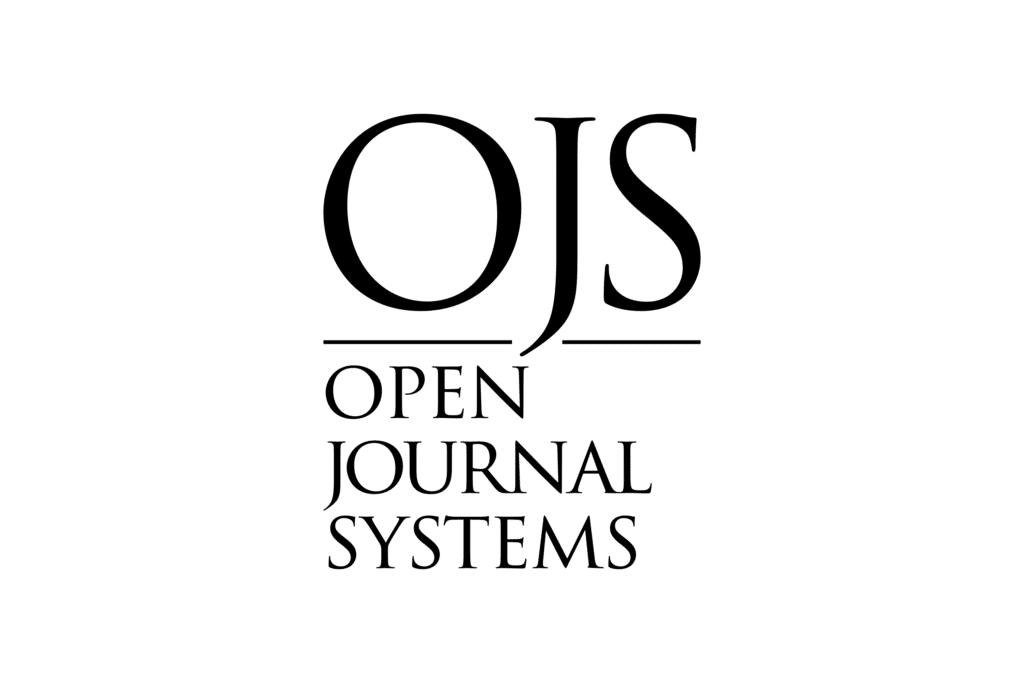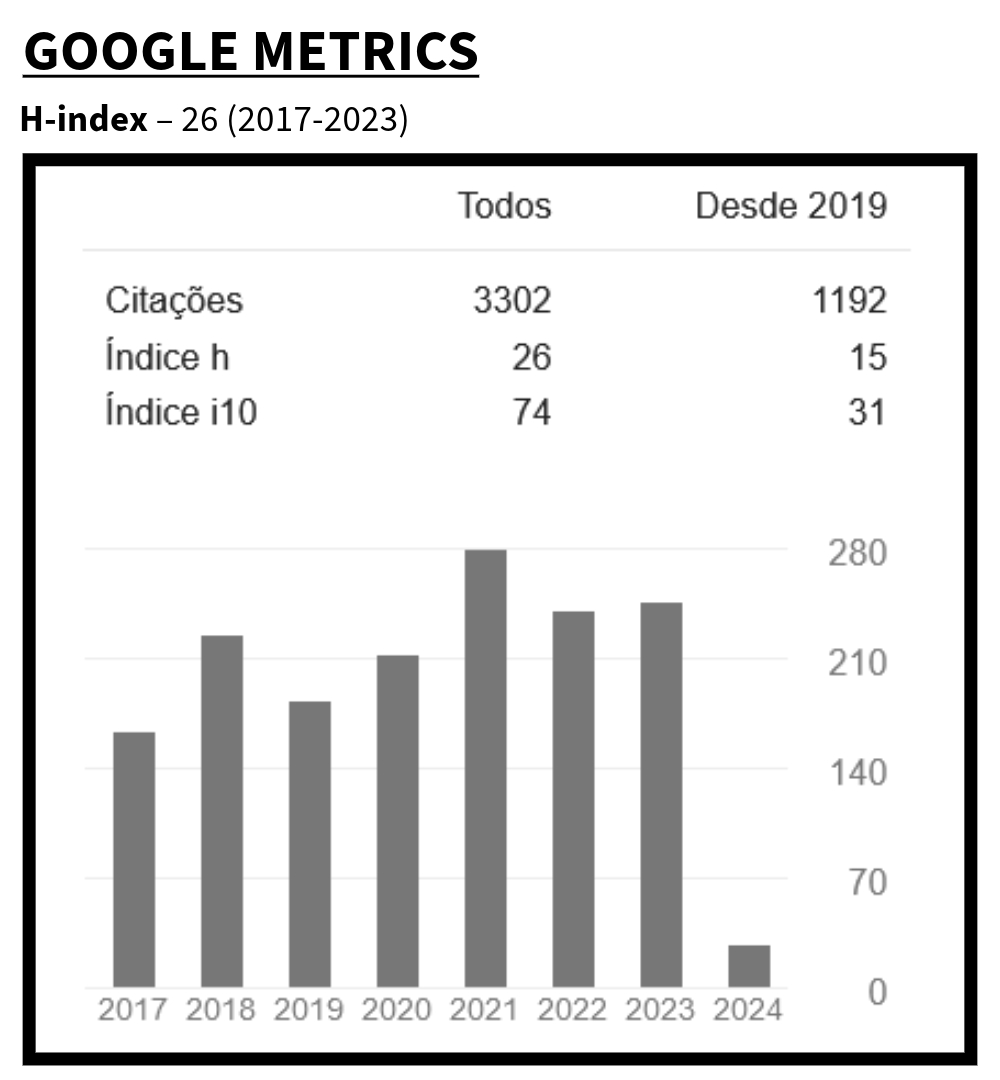HUMAN ECOLOGY AND SOLID WASTE: THE CAUSES THAT CONDITION SOLID WASTE MANAGEMENT IN THE MUNICIPALITY OF JACOBINA-BAHIA
DOI:
https://doi.org/10.59360/ouricuri.vol13.i1.a17048Keywords:
Human Ecology. Socio-environmental management. Environmental education. Scratchs. Vulnerabilities.Abstract
Solid waste, in addition to representing one of the major socio-environmental problems of today, its generation is conditioned to human existence, and the behavior of the population in the face of this problem is outlined by the society in which it is inserted. Solid waste is therefore cultural products that are based on excessive consumption and material greed. In addition, they generate significant impacts on the environment and human health when not managed correctly. A fragmented and reductionist management model was reproduced over time without any questioning, simply collecting and disposing of solid waste. The questioning of this management standard came with the approval of the National Basic Sanitation Policy, Law 11,445/2007 and the National Solid Waste Policy, Law 12,305/2010, which provide guidelines for an integrated management of solid waste, but emphasize that each The municipality has its constraints and specificities and understanding them is an important step towards the proper management of waste generated in its territory. Therefore, this work aims to understand the causes that condition solid waste management in the municipality of Jacobina-Bahia, making an approach between Human Ecology and the problem of urban solid waste. For this research, a bibliographical survey was carried out in academic-scientific databases such as Scielo, Google academic and Periodicals, in addition to local specific books and documents for the collection of primary and secondary data. The data collected in this research resulted in the identification of conditions that helped to define the municipal scenario of Solid Waste Management in Jacobina, using indicators that contemplated the research object.
Downloads
Downloads
Published
How to Cite
Issue
Section
License
Authors who publish in this journal agree to the following terms:
a) Authors maintain copyright and grant the magazine the right of first publication, with the work simultaneously licensed under the Creative Commons Attribution License which allows sharing of the work with recognition of authorship and initial publication in this magazine.
b) Authors are authorized to enter into additional contracts separately, for non-exclusive distribution of the version of the work published in this journal (e.g., publishing in an institutional repository or as a book chapter), with recognition of authorship and initial publication in this journal.
c) Authors are allowed and encouraged to publish and distribute their work online (e.g. in institutional repositories or on their personal page) as this can increase the impact and citation of the published work (See The Effect of Open Access).









 B1 (2017-2020)
B1 (2017-2020)



















